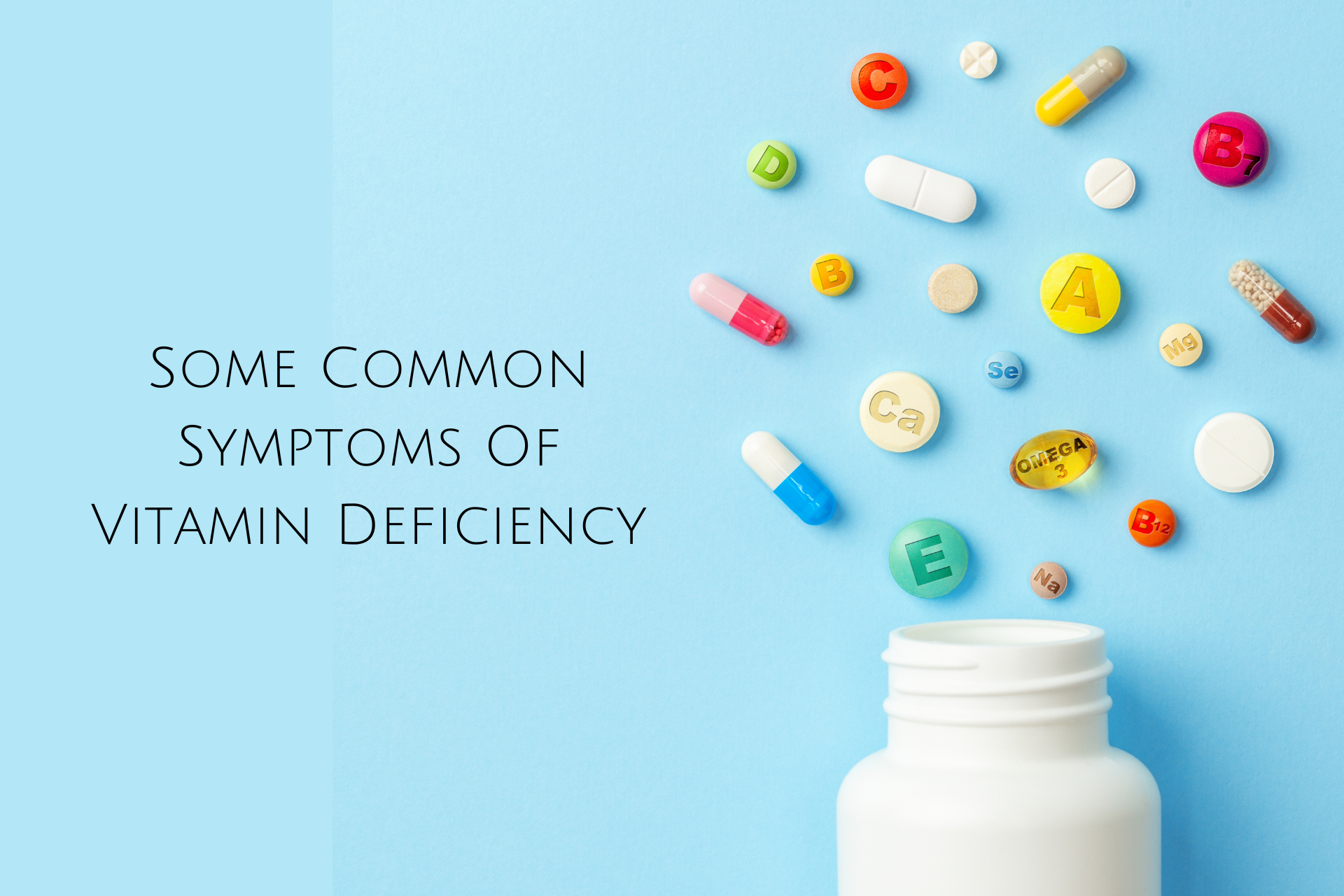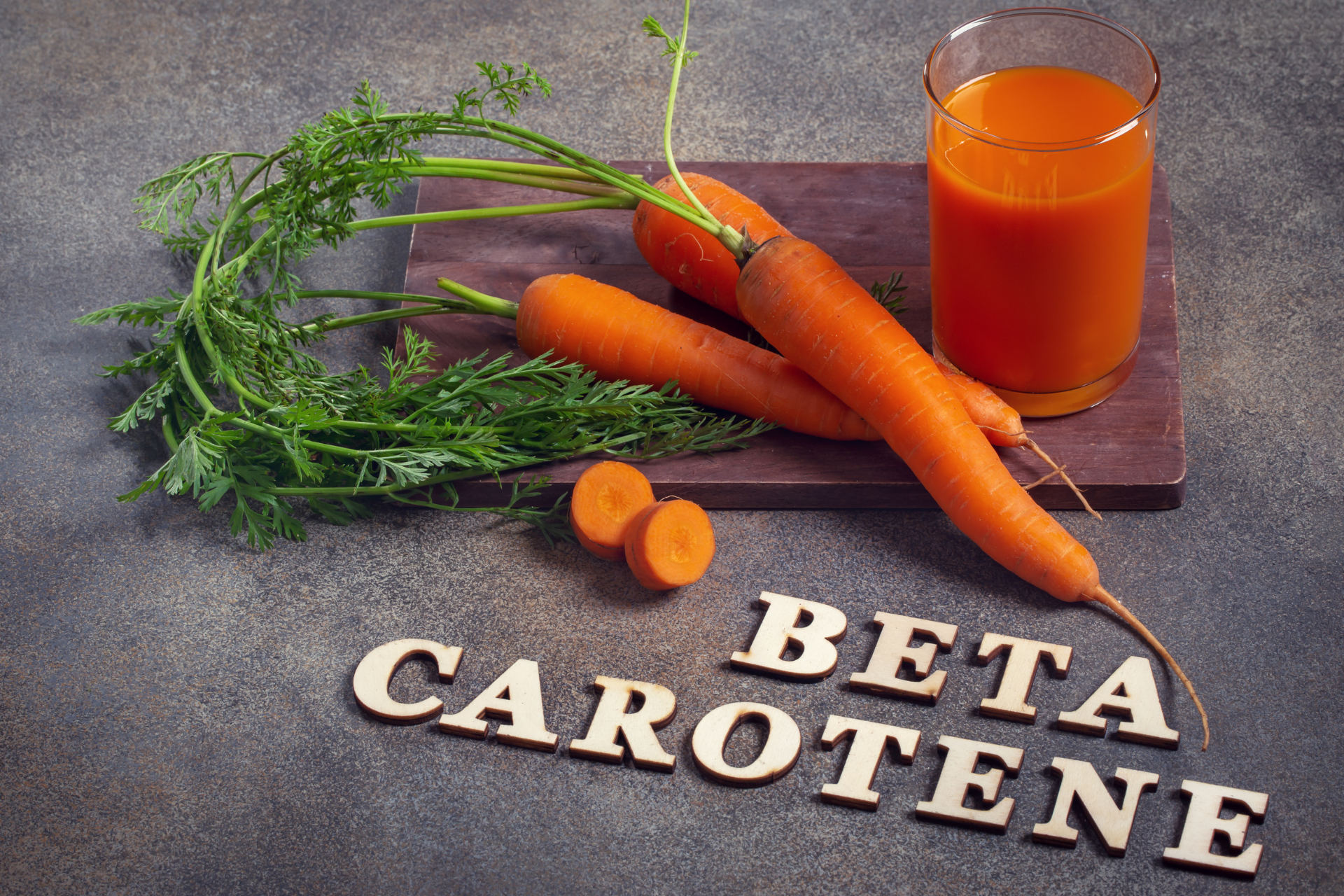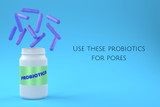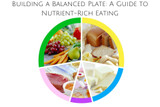Vitamins are Best for Healthy Skin
The skin is the largest organ in the body responsible for protecting from harmful toxins. A healthy diet rich in vitamins and minerals is essential for skin health.

Your appearance reflects your skin's health. The skin is the largest organ in the body and is responsible for protecting us from harmful bacteria and toxins. The skin comprises many components, including water, lipids, proteins, minerals, and chemicals. Your skin will undergo constant changes throughout your lifetime. It constantly changes and regenerates in as little as one to three months.
Thus, proper skin care is crucial to ensure the health and well-being of this vital organ. Although moisturizing and cleansing are important parts of any skin care regimen, what nutrients we eat is also crucial in determining our skin's health and appearance. Your skin's health and appearance are affected by key nutrients. If you give your skin the nutrients it needs to grow, repair, and build itself, you can dramatically improve your skin tone and health.

A healthy diet rich in vitamins and minerals is essential for skin health. You can find vitamins for healthy skin in external supplements. Vitamins and nutrients are absorbed from food into the bloodstream to nourish skin cells. These vitamins are needed to maintain skin tone, glow, elasticity, and hydration.
Some Common Symptoms Of Vitamin Deficiency

There are many different signs and symptoms of vitamin deficiency. Most often, the symptoms are not evident until after several months of low levels of the vitamin.
Common signs of deficiency in vitamins include:
●Energy levels, fatigue
●Bone density loss
●Dry hair and skin
●Depression
●Irritability3
●Simple bleeding or bruising
●Insufficient wound healing (sores that last for a long period)
●Predisposition to infections
●The colour of your skin changes (usually small, thin, flat patches of skin)
List of Some Best Vitamins For Healthy Skin

Here’s a list of some vitamins that work best for a healthy looking skin.
➢Vitamin A
itamin A, also known as retinol, is great for your eyesight and has numerous benefits for your skin. It is also an antioxidant found in many skin products, such as sunscreen and moisturizers. Vitamin A works on all layers of the skin because it acts as an antioxidant and protects the skin from damage caused by sun exposure. Pitta dosha-related skin imbalances can lead to toxins on the skin, which can cause inflammation and agitated zits. Moreover, Vitamin A can protect your skin from environmental stressors and help prevent acne.
 The
epidermis, the outermost layer of the skin, is protected by the topical
application of this product. It also binds with receptors in your skin cells to
strengthen the epidermis. Your skin may become dry, itchy and bumpy if you
don't have enough Vitamin A. This protects cells and promotes new cell growth,
improving the skin's texture. Over-the-counter retinol is the most popular form
of Vitamin A in skincare. Retinol is one example of a powerful form of Vitamin
A that you can apply to the skin. The component stimulates cell turnover and
helps to create new layers of healthy skin. Retinol is also a powerful
anti-acne treatment that helps new skin cells form quicker, replacing acne.
The
epidermis, the outermost layer of the skin, is protected by the topical
application of this product. It also binds with receptors in your skin cells to
strengthen the epidermis. Your skin may become dry, itchy and bumpy if you
don't have enough Vitamin A. This protects cells and promotes new cell growth,
improving the skin's texture. Over-the-counter retinol is the most popular form
of Vitamin A in skincare. Retinol is one example of a powerful form of Vitamin
A that you can apply to the skin. The component stimulates cell turnover and
helps to create new layers of healthy skin. Retinol is also a powerful
anti-acne treatment that helps new skin cells form quicker, replacing acne.
➢Vitamins B

B vitamins are essential for almost every bodily process and are considered to be the best vitamins for healthy skin. They are necessary for converting food into energy, affecting our nervous system, metabolism and health of organs, skin, hair, and muscles. They are also vital for cell development, growth, and overall function. They are also essential for skin health because our skin is continually regenerating. Vitamin B helps your skin to restore faster and keep it healthy. The human body only has a small amount of B vitamins in its storage, so it is important to keep replenishing the body with these vitamins daily. B vitamins are one of the most common nutrient groups people lack. Each B vitamin has a different impact on skin health. Understanding which foods contain what vitamins and how each vitamin affects the body is crucial.
➢Vitamin C

Vitamin C is typically connected with happy shades like bright yellow and vibrant oranges. This is precisely what it does to your skin. It makes it appear bright and fresh, providing you with a radiant, healthy glow. Vitamin C has potent antioxidant properties, making it very effective in guarding the skin from harmful free radicals and the harmful consequences of sun exposure and pollution. Enhance the amount of Vitamin C consumption by eating more bright citrus-rich fruits like oranges, lemon, grapefruit, mangoes, papaya, watermelon and strawberries. You can also include some vegetables like broccoli, brussels sprouts and kale in your diet. It is also possible to take Vitamin C as a supplement. They usually come in pills or chewable form. Think about adding a Vitamin C cream to your skincare routine to fade dark spots and even your skin tone.
➢Vitamin D

Vitamin D is made in your skin when you get exposed to sunlight. However, too much vitamin D can cause Actinic Keratosis, a skin condition requiring medical attention. Vitamin D plays an important role in maintaining a healthy skin tone and can be used to treat psoriasis. You can increase your intake by eating vitamin-fortified foods such as yoghurt and orange juice or natural foods such as salmon and tuna. You can also expose your skin to the sun to increase vitamin D production. This comes with the risk of sunburn, so be cautious. Applying sunscreen right before going out in the sun is the best thing to do. Avoid direct sun exposure during the peak hours, typically between 10 am to 2 pm.
➢Vitamin E

Vitamin E comprises eight fat-soluble compounds and four tocotrienols. Vitamin E is a powerful antioxidant that counteracts damage to the body and your skin from free radicals. This vitamin can counteract the effects of prolonged sun exposure, such as dry skin and blemishes. Furthermore, Vitamin E also has anti-inflammatory properties. Please note that people with acne are more likely to have low levels of Vitamin E. Vitamin E can be taken internally or applied directly to your skin. Some people prefer to take capsules of vitamin E and use them as moisturizers. Make sure to choose an organic, plant-based vitamin E product. You can also take the oil internally if you don't like the idea of rubbing it on your skin. However, most people don't get enough. Vitamin E is abundant in avocados, sunflower seeds and hazelnuts.
➢Vitamin K

Vitamin K is in blood clotting and is one of the most important vitamins for healthy skin. Blood clotting plays an important role in healing wounds and bruises. It can also treat dark under-eye circles, stretch marks, spider veins and scars. Vitamin K deficiency is rare, but you can increase your daily intake by including more vitamin-rich foods like kale, spinach, cabbage, lettuce, green beans, and lettuce in your diet. Typically, doctors use Vitamin K on patients who have just had surgery as it can reduce swelling and bruising and speed up wound healing.
➢Beta-Carotene

This is a UV-fighter component to the skin and a powerful antioxidant that can protect your skin from sun damage. Taking beta-carotene can reduce your sensitivity to the sun. But that does not mean you take a pill and then frolic in the sun for a long time. Sunblock remains the most effective method to safeguard your skin. Beta-carotene is one powerful ingredient that gives extra protection against all the harmful rays. The most effective way to obtain beta-carotene is by eating carrots. Additionally, leafy greens such as squash, cantaloupe, or escalope are all good options. Most of the time, you'll get enough beta-carotene in your diet, which is why supplementation isn't required for as long as you're eating vegetables.
➢Vitamin B3

Vitamin B3 is a key component in dermatology. However, it is not naturally stored in the body, you can either take it orally or through diet. It is important to maintain healthy skin, and this ingredient is an amazing powerhouse. Vitamin B3, in its form of niacinamide, helps to restore skin moisture and improve texture and smoothness. It contributes to healthy, glowing skin in many ways. Vitamin B3 applied topically can reduce the signs of aging and treat non-inflammatory symptoms like acne. You can apply it to improve skin barrier function by repairing the skin's protective layer and locking in moisture. Your skin will remain hydrated, soft and supple thanks to this. Niacinamide also acts as a free radical scavenger to stop these molecules from causing havoc on your skin.
Conclusion
Malnourishment can lead to a variety of skin issues. Therefore, a varied and nutritious diet is one of the best things you can do for your skin. Please note that you must not overconsume the vitamins as this can lead to health problems. Vitamins should be chosen based on the needs of people with specific skin conditions. Some vitamins may not be appropriate for every skin condition. The wrong combination could make certain problems worse. For example, too many vitamins A products can cause skin irritation and dryness. A dermatologist can help you choose the best skin care products for your skin and advice on maintaining a healthy diet.
Recent Posts
-
Use these probiotics for pores
Probiotics are beneficial bacteria that can promote a healthy balance in the skin's microbiome. Whil
-
9 ways to use aloevera for hairgrowth
Aloe Vera Hair Mask: The Ultimate Nourishment :The Aloe Vera Hair Mask stands as the epitome of nour
-
Building a Balanced Plate: A Guide to Nutrient-Rich Eating
Introduction:In the hustle and bustle of our daily lives, it's easy to overlook the importance of ma






